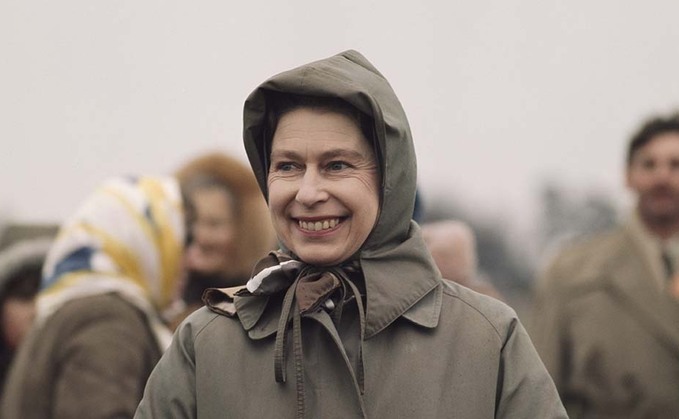
After 70 years on the throne, farming says goodbye to one its biggest supporters. Emily Ashworth reflects on The Queens passion for rural life. On September 8, as news came that Queen Elizabeth II had...

After 70 years on the throne, farming says goodbye to one its biggest supporters. Emily Ashworth reflects on The Queens passion for rural life. On September 8, as news came that Queen Elizabeth II had...
Choice of 9 x 2 Year Old Pedigree Charolais